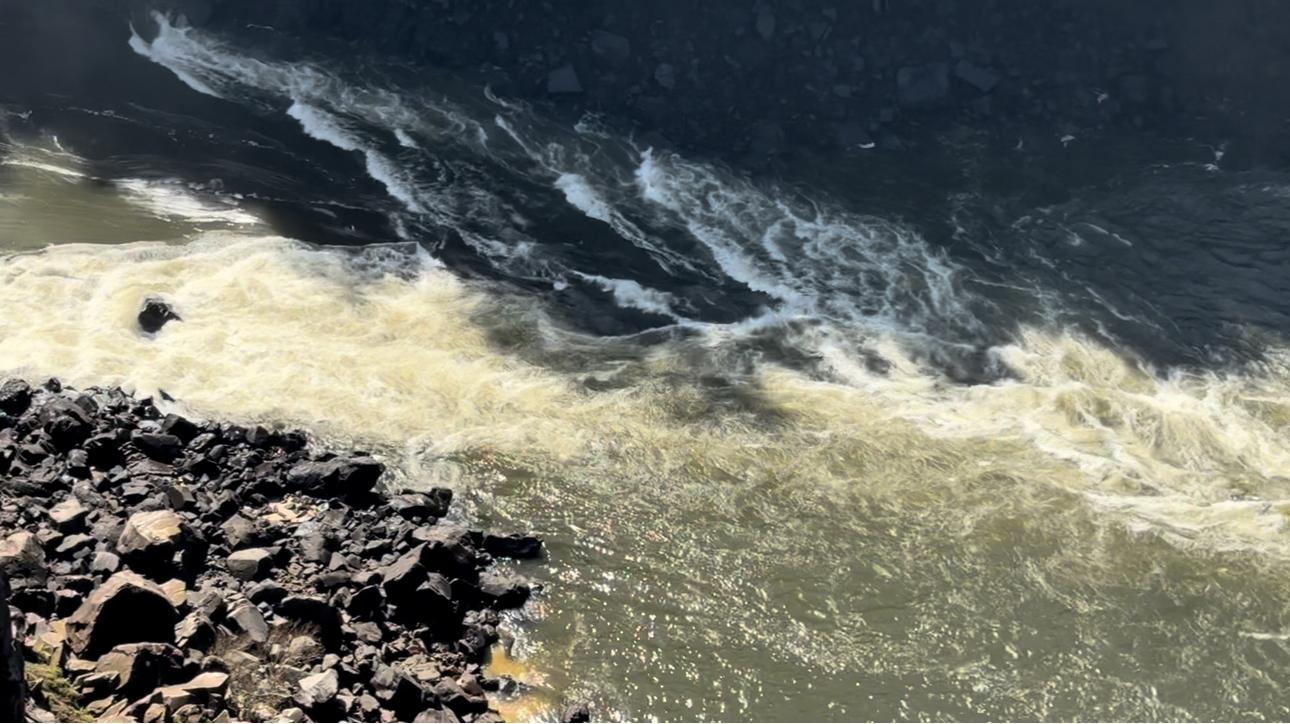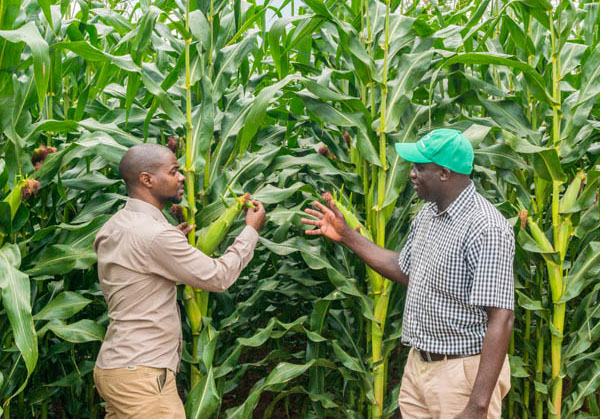BY FIRDOSE MOONDA
Zimbabwe have claimed their first outright ODI win in their last 15 matches dating back to April 2019, and have gained 10 crucial points on the World Cup Super League.
Half-centuries Craig Ervine and Sikandar Raza took them to a competitive total in the first ODI in Belfast, and required Ireland to pull off their highest successful chase against them before a strangling bowling effort sealed Zimbabwe’s win.
Blessing Muzarabani, Wellington Masakadza and Sean Williams took seven wickets for 41 runs in the last ten overs, as Ireland went from a challenging but doable position of needing 81 runs in the last 12 overs to eventually falling 38 short.
Muzarabani, who used the short ball to good effect, was the pick of the bowlers with his third haul of four wickets or more in his 25-match ODI career.
In the end, Ireland were left lamenting their slow start, which saw the required run rate pop above six as early as the 19th over.
They were 79 for 1 at that stage, having lost Paul Stirling leg before against Masakadza after he was the major contributor to a 64-run opening stand with William Porterfield.
Still, the pair gave Ireland a solid foundation to build their chase.
Andy Balbirnie did not last too long either, and was bowled by Wesley Madhevere, whose offbreak snuck through the Irish captain’s bat-pad gap.
Ireland were 109 for 2 at the halfway stage and needed to up the ante.
They had the personnel – an anchor in Porterfield, who reached 50 off 78 balls, and an aggressor in Harry Tector – and seemed to have a plan.
Porterfield took on short balls from Richard Ngarava, and used his feet and the sweep shot well against the spinners.
The pair put on 71 for the third wicket before Porterfield pulled a short delivery from Luke Jongwe to fine leg, where Dion Myers juggled the ball, which dropped out of his hands and onto his shoulder on first attempt, before catching it.
In Tector and George Dockrell, Ireland had two energetic run-scorers at the crease, and they both showed some intent.
But Ervine had kept plenty of overs in hand for Muzarabani and Masakadza, and they turned out to be his trump cards.
Muzarabani took a wicket with the third ball of his second spell when Dockrell chased a wide delivery and edged behind, a dismissal that was confirmed on review.
In his next over, Muzarabani had Simi Singh caught at cover off a leading edge, with Ireland starting to wobble.
Their required run rate had reached eight, but Tector was still on hand.
He brought up 50 off 53 balls but was out three balls later, edging an attempted slog sweep off Sean Williams to Muzarabani at short third man.
Williams also had Andy McBrine caught behind, before Muzarabani and Masakadza finished it off.
Ireland were bowled out inside 49 overs to give Zimbabwe a comfortable win.
Though Zimbabwe may have been relatively pleased with their batting effort, they could have been eyeing a total closer to 300, after reaching 85 for 1 in the first 14 overs.
Brendan Taylor was well set on 49 off 44 balls after starting his innings slowly, and had put on 71 with Ervine, but the former captain played a reckless shot to the first ball of spin in the innings when he swept Simi to deep square leg to put the breaks on a strong start.
After Taylor’s dismissal, Simi and McBrine bowled in tandem for 16 overs and gave away just 39 runs.
In that time, Myers was dismissed when he top-edged McBrine to Lorcan Tucker, while Williams battled to get to 20 off 45 balls, with only 14 scoring shots.
Zimbabwe immediately found reprieve when the spin duo had bowled out, and so Josh Little, who had had a hapless afternoon and finished with figures of 1 for 78 from nine overs, returned.
While all of Ireland’s seamers were guilty of bowling too full, Little was the worst offender.
He enjoyed some reward when he bowled Williams with a cutter, though that only brought Zimbabwe’s most aggressive batter, Raza, to the crease.
By that point, Ervine had reached fifty and was ready to accelerate, as the pair put on 32 runs in 29 balls to get Zimbabwe back on track for 250-plus.
Ervine played one big shot too many when he hit Dockrell straight to cover, but Raza first combined with Madhevere and then Jongwe to help Zimbabwe post 83 runs in the 8.4 overs after Ervine was dismissed.
Raza finished unbeaten on 59 off 44 balls, his 18th ODI half-century.
Despite the win, Zimbabwe remain in last position on the World Cup Super League points table, with the same number of points as Netherlands – on 20.
However, they have the opportunity to gain ground in the rest of the series. –crickinfo


 Slider3 years ago
Slider3 years ago
 National4 years ago
National4 years ago
 Tourism and Environment4 years ago
Tourism and Environment4 years ago
 Opinion4 years ago
Opinion4 years ago
 Special reports4 years ago
Special reports4 years ago
 National4 years ago
National4 years ago
 National3 years ago
National3 years ago
 National3 years ago
National3 years ago


